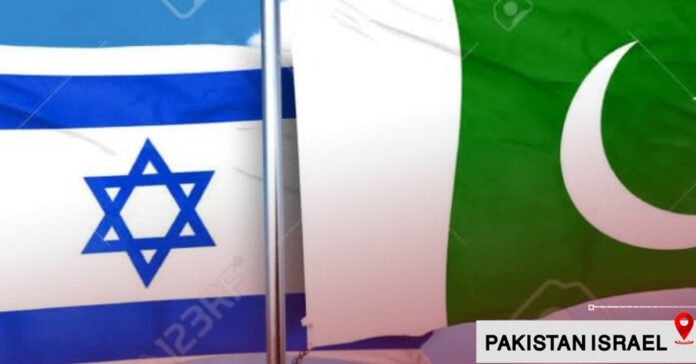Eight Muslim-majority countries, including Pakistan, have welcomed Hamas’s acceptance of several parts of the Gaza Peace Plan.
In a statement issued on Sunday, Pakistan’s Foreign Office said that Jordan, Egypt, Turkey, Indonesia, Saudi Arabia, the UAE, Qatar, and Pakistan appreciated Hamas’s steps taken in line with the US-proposed plan.
US President Donald Trump announced the 20-point Gaza Peace Plan on September 30. Israeli Prime Minister Benjamin Netanyahu had already accepted the proposal, following which Trump gave Hamas a 72-hour deadline, stating that Hamas must agree to the plan. Or Netanyahu would have a free hand to proceed with his strategy for Gaza.
On October 3, Hamas responded by accepting several parts of Trump’s plan. However, the group noted that some elements required further negotiation.
Immediately reacting, Trump called for halt to the bombing of Gaza. He said: “Hamas is ready for a lasting peace.”
Pakistan’s Dependence on the Oil-rich Arab World and the US:
Prime Minister Shehbaz Sharif was the first among eight Muslim leaders to immediately welcome Trump’s Plan when it was made public. His statement drew widespread criticism within Pakistan.
Right-wing political parties and prominent individuals took to social media to strongly criticise the government. Many in Pakistan believe the current government lacks public support. They say it came to power with the backing of the powerful military establishment. It cannot afford further public resentment. So, the backlash forced the government to issue a clarification — though notably, it came from Deputy Prime Minister Ishaq Dar, as Shehbaz himself chose to remain silent.
Observers note that Pakistan’s civilian governments and mainstream political parties have long remained dependent on Washington. The country’s establishment is also considered a close ally of the United States. Both, analysts say, cannot afford to displease Washington on key regional and international matters.
Similarly, the oil-rich Arab world continues to exert considerable influence on Pakistan’s domestic and foreign policies. Analysts argue that the country’s fragile economy, corrupt ruling elite, feudal social structure, security threats from India, and populist religious politics are the major factors behind Pakistan’s persistent dependence on foreign powers.
Since independence, Pakistan has suffered from a deficit of democracy and freedom of expression, leaving its people effectively hostage to elite interests and external pressures.
Pakistan, Israel and the Abraham Accords:
The question arises: Can Pakistan recognize Israel or the Abraham Accords in the prevailing scenario?
WE Punjab spoke with several government officials and influential individuals regarding this issue. They requested anonymity, but the majority believe that there would be no major obstacle to recognizing Israel and the Abraham Accords if Trump’s peace plan is implemented.
According to them, Pakistan’s current government may lack public support, but the military establishment ultimately makes the key decisions. Since the era of Pervez Musharraf, the establishment has shifted from taking direct decisions to implementing its policies through weak civilian setups. As the establishment maintains strong ties with Arab states and the United States, it is likely to move in line with their expectations.
Several Gulf nations have already accepted the Abraham Accords and established relations with Israel. Observers believe it may soon be Pakistan’s turn. Islamabad, they say, could benefit diplomatically and economically if it decides to follow suit.
“It’s not a one-way street. Pakistan always needs powerful allies, especially given its perception of being surrounded by hostile neighbours. The state has to make tough decisions,” said a former diplomat.
As Prime Minister Shehbaz Sharif has already expressed support for a two-state solution to the Palestine issue, analysts suggest that Islamabad would not hesitate to move toward recognition of Israel if regional dynamics evolve in that direction.
Also read:
Will Taliban and China Bow to Trump’s Bagram Airbase Ambition?



